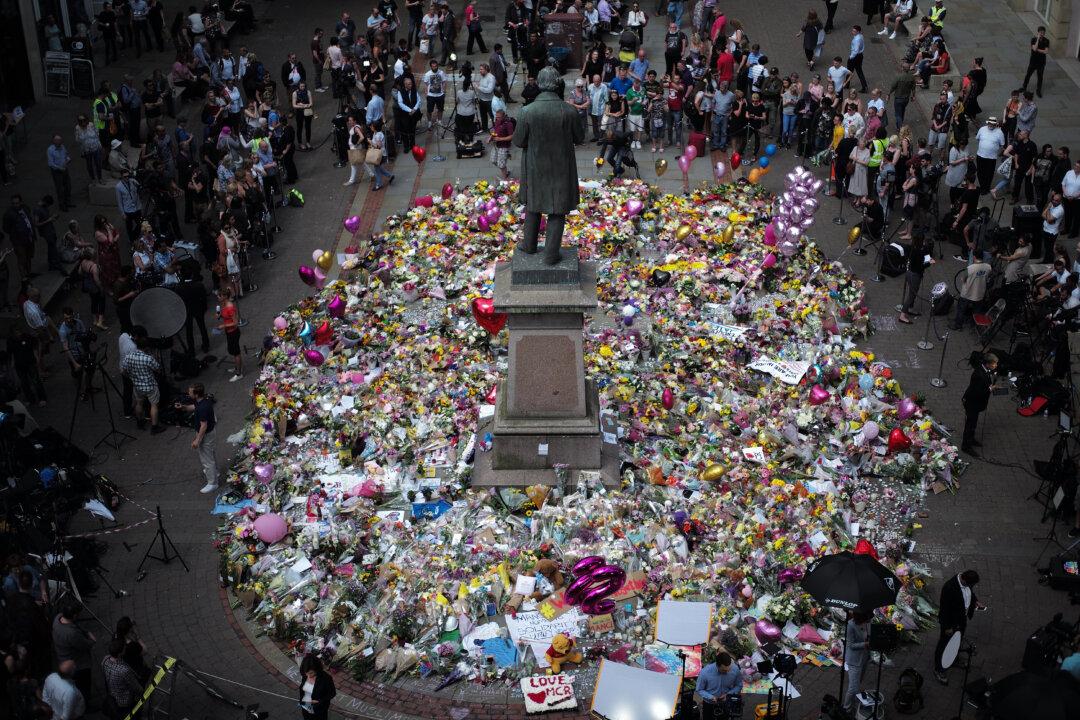A public inquiry began on Monday into the 2017 terror attack that killed 22 people at the close of a show by U.S. pop singer Ariana Grande in Manchester, UK.
Salman Abedi, a 22-year-old Briton born to Libyan parents, detonated the bomb that killed both himself and exiting concertgoers in the packed foyer of the Manchester Arena at the end of the show.





